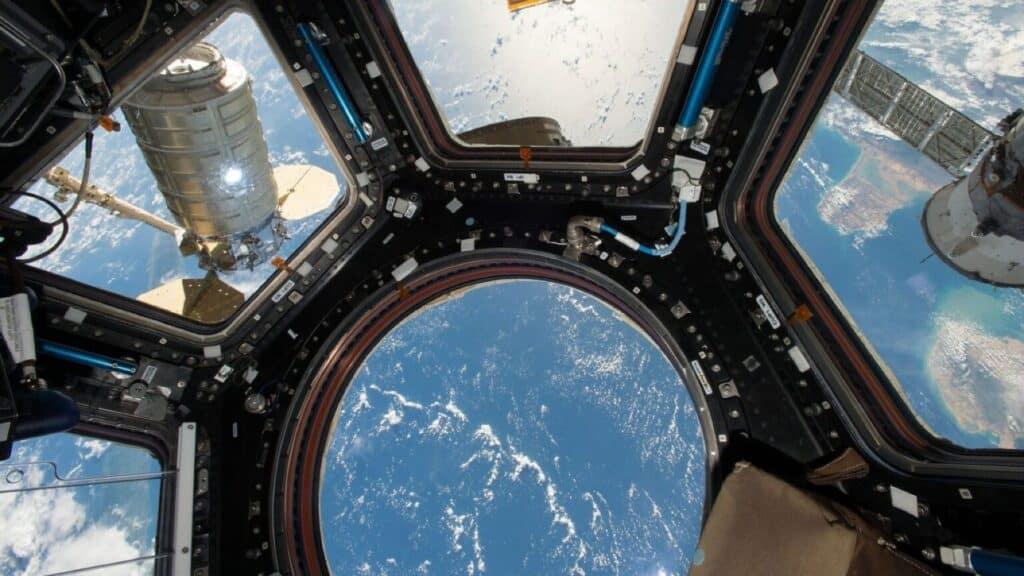NASA, in collaboration with Caltech and Fermilab researchers, has made a remarkable advancement in the field of quantum teleportation. This groundbreaking achievement could pave the way for a revolutionary quantum internet, transforming how we communicate and store data.
What is Quantum Teleportation?
Quantum teleportation is a process that allows the transfer of quantum information from one location to another without moving the physical particles themselves. Instead, it involves the transfer of qubits—quantum bits that represent the basic unit of quantum information. This technology has the potential to create ultra-secure communication channels that are virtually immune to hacking.
The Experiment
In a recent experiment, NASA and its partners successfully transferred qubits over a distance of 44 kilometers (27 miles) using fiber-optic cables. This distance is significant as it demonstrates the feasibility of long-distance quantum communication. The researchers achieved an impressive fidelity rate of over 90%, which is crucial for ensuring the integrity of the transmitted quantum information.
Implications for the Future
The implications of this breakthrough are enormous. A functioning quantum internet could revolutionize data storage and computing, providing a level of security and efficiency that current technologies cannot match. Quantum networks would enable secure communication for everything from financial transactions to sensitive government communications.
This achievement in quantum teleportation is a significant milestone in the pursuit of a quantum internet. As researchers continue to explore the possibilities of quantum technology, we may soon see a future where data can be transmitted with unprecedented security and speed. The collaboration between NASA, Caltech, and Fermilab highlights the importance of interdisciplinary efforts in advancing scientific frontiers. The journey toward realizing a fully operational quantum network has begun, and its potential impact on our world is truly exciting.








